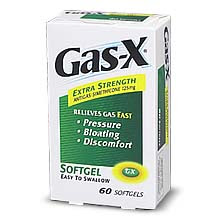freewillie
Contributor
I know I sound like a nerd, but the intercolonic gas is at ambient pressure prior to diving. Since the volume of gas is not added to or changed (unless reduced by off farting, err, I mean off gassing) during the dive it will occupy the same volume on ascent back to the surface.Inside or out, the gas will expand on ascent (the body not being a 'rigid' container). On that basis, if you feel the need to vent at depth, it's probably a wise idea - because the consequences of having that gas dramatically expand on ascent are quite explosive.
That said, with the effects of pressure/compression - you'd need to be producing a lot of exhaust gas to even feel the urge to vent at depth.
Going back to beginner physics the issue with not holding your breath while diving is because the volume of gas is compressed at depth due to water column pressure. The volume will expand as you rise and if you hold your breath bad things will happen.
But, a snorkeler or free diver doesn't have to worry about diving to depth then returning back to surface because volume of air in the lungs did not change during the dive. Same is true of intestinal gas. Unless you, err, off gas during the dive.
---------- Post added at 09:54 PM ---------- Previous post was at 09:51 PM ----------
Hold up one hand as saying wait a minute, then wave your other hand behind you like, "whew, you do not want to be back there!"Y'know, that could be serious . . . if one needs to produce gas at 3 atm . . .
What's the hand signal for "I can't ascend, I have to fart first?"







